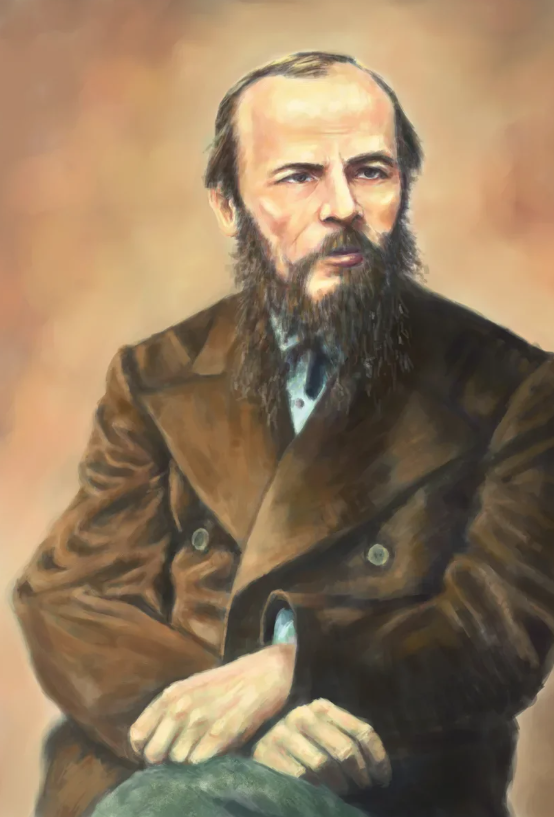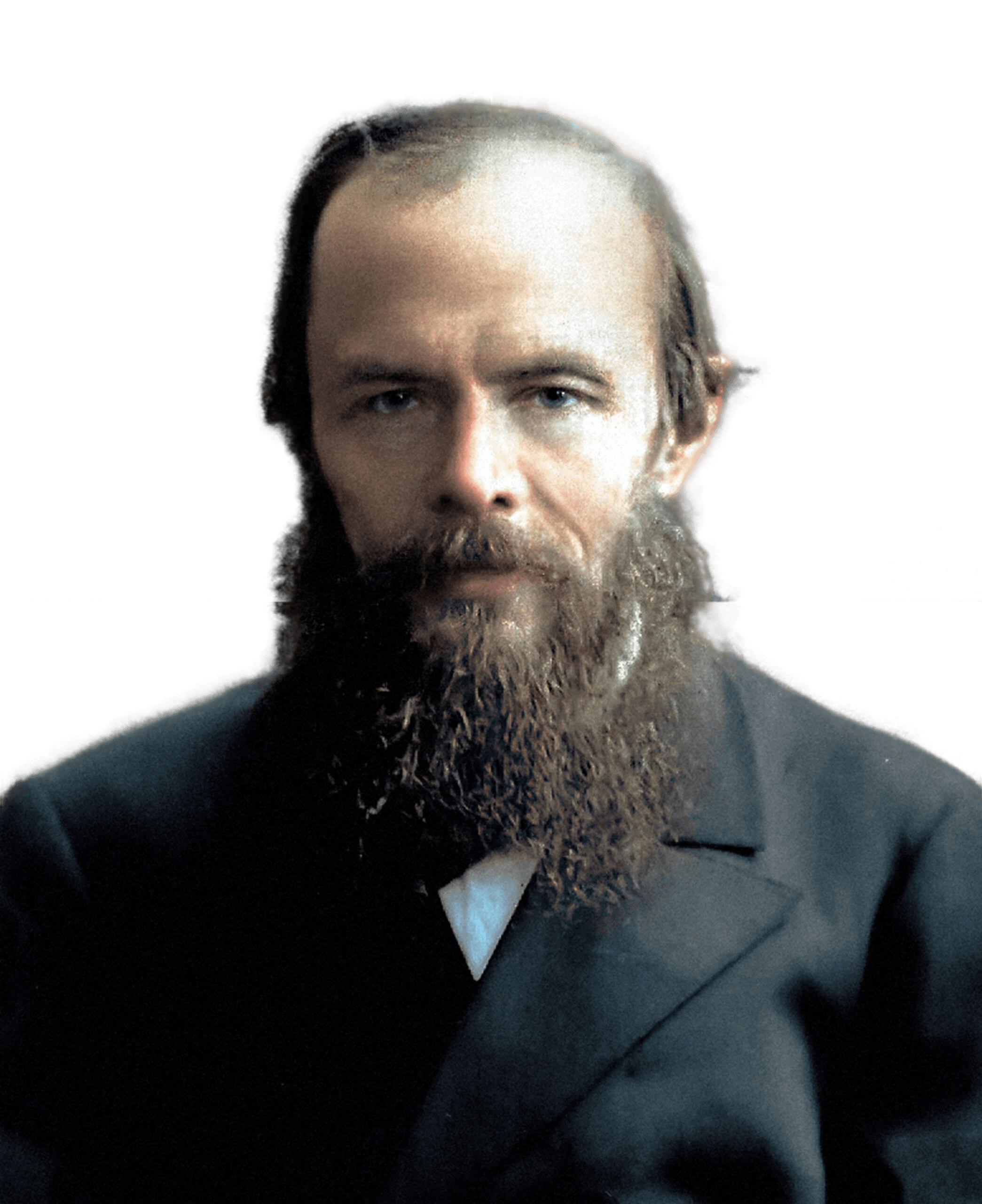
13.01.2023
Dostoevsky went through a thorny path, his fate was not easy, and this could not but be reflected in his views and philosophy.
Dostoevsky’s formation as a philosopher was based on many factors — the writer’s upbringing, environment, the literature he read, Petrashevsky’s circle and, undoubtedly, hard labor.
The main ideas of Dostoevsky ‘s philosophy
Dostoevsky’s ethical and philosophical views have always had one orientation — man. It was in man that he saw the greatest value and the greatest opportunities. Neither society nor class societies have ever been distinguished by the author as much as the idea of personality. His knowledge of the world took place more through a person, and not through events.
In 1839, Fyodor wrote to his brother Mikhail — “Man is a mystery. It must be solved, and if you are going to solve it all your life, then don’t say that you have lost time; I am engaged in this mystery, because I want to be a man”.

The main direction of Dostoevsky’s philosophy is called Humanism — a system of ideas and views in which a person is the greatest value, and which is designed to create better conditions for life and spiritual development.
Researchers of Dostoevsky as a philosopher (In particular, N. A. Berdyaev) identify several important ideas in his work:
Man and his destiny. In his novels, there is a certain frenzy in the knowledge of people, and the disclosure of their fate. So, Prince Myshkin is trying to get to know two women, but he tries to help everyone around him, which ultimately affects his fate.
Freedom. Many quote excerpts from the writer’s diary to show that he was an opponent of freedom in a socio-political sense. But through all his work there is inner freedom, freedom of choice. So, Rodion Raskolnikov chooses to surrender himself.
Evil and crime. Without denying a person freedom, Dostoevsky does not deny him the right to make a mistake or malicious intent. Dostoevsky wants to know evil through his heroes, but at the same time he believes that a free person should be responsible for his actions, and punishment for his crimes.
Love, passion. The writer’s pen told us many stories about love — this is Myshkin’s love for Nastasia and Aglaya, and Stavrogin’s passion for many women. The passion and tragedy of love occupies a special place in Dostoevsky’s work.
Early Dostoevsky
Dostoevsky, from the time of writing the novel “Poor People” and participating in the Petrashev circle, is a socialist, as he called himself — a supporter of theoretical socialism. Although researchers note that Dostoevsky’s socialism was too idealistic, rejecting materialism.
Dostoevsky of the early period believes that it is necessary to reduce tension in society, and to do this by promoting socialist ideas. He relies on the utopian ideas of Western Europe — Saint-Simon, R. Owen, and the ideas of Consideran, Cabet, and Fourier were also of great importance to Dostoevsky.
Dostoevsky after hard labor
The ideological content of Dostoevsky’s work has changed dramatically after hard labor. Here we meet a more conservative person — he denies atheism, proves the failure of socialism and revolutionary changes in society. Calls to return to the folk root, to the recognition of the spirit of the people. He considers bourgeois capitalism soulless, immoral, devoid of fraternal principles.




